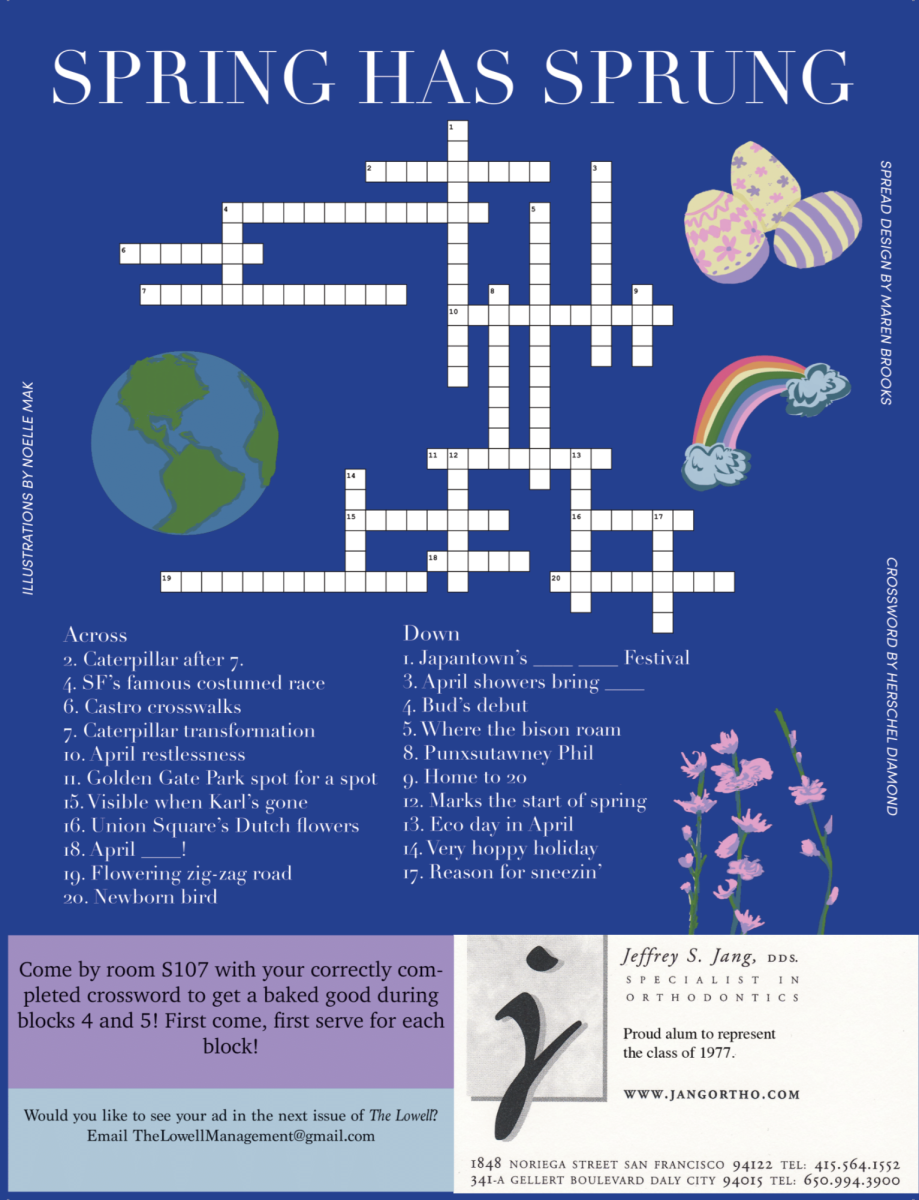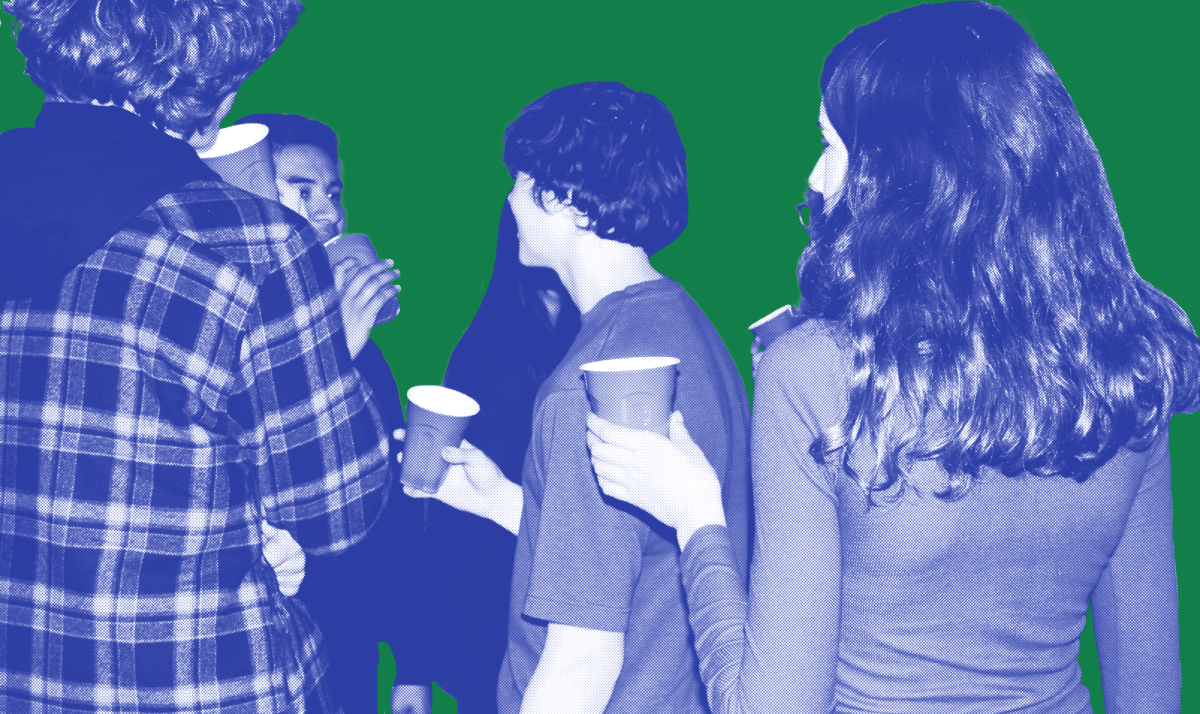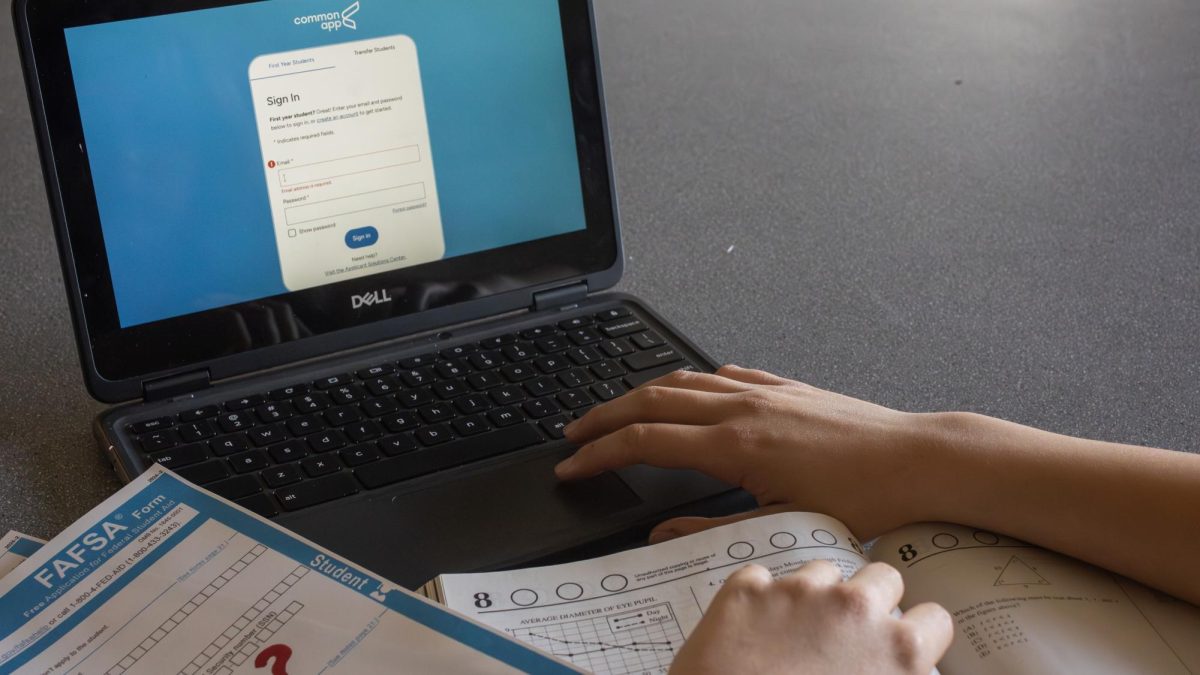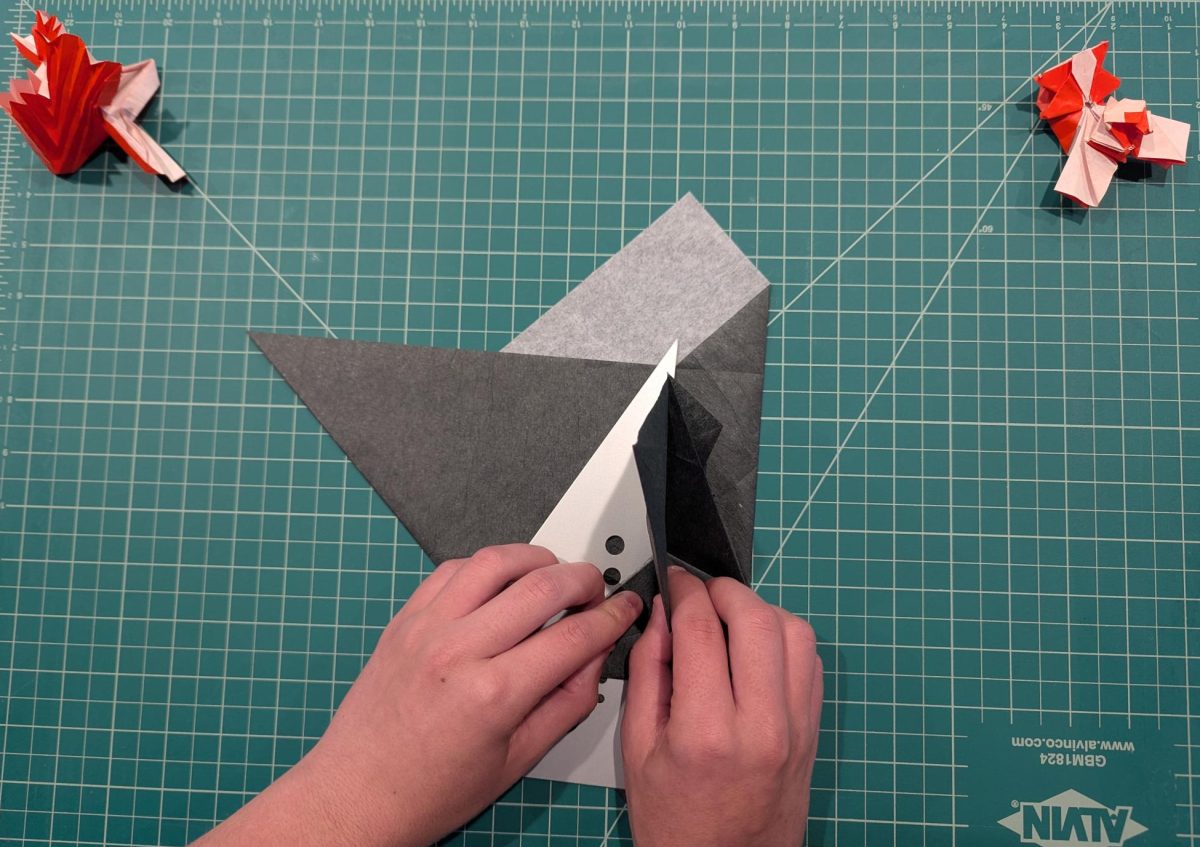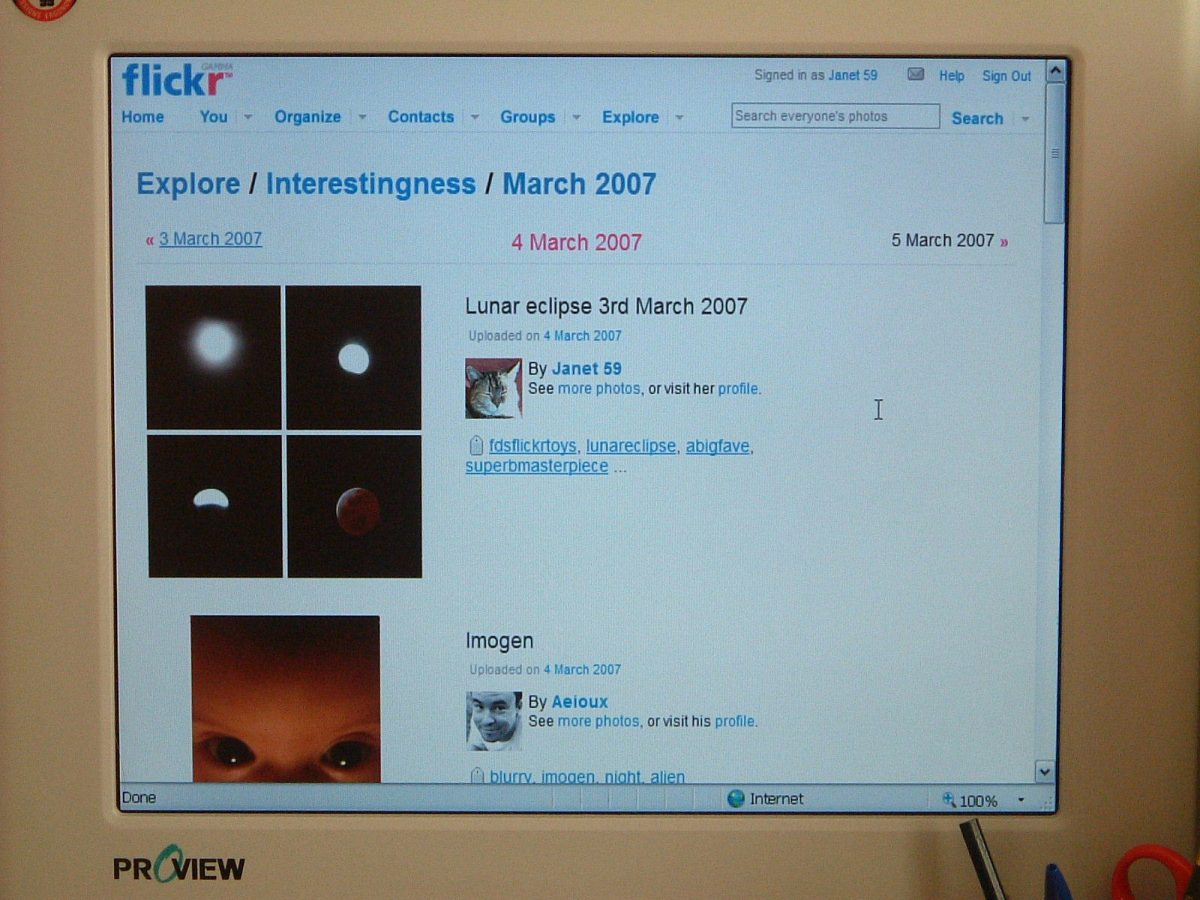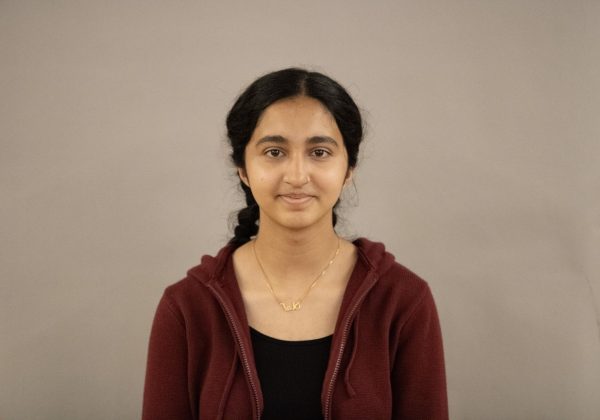Imagine sitting in a mosque, surrounded by your friends and family laughing, eating sweets, and praying together. You try to focus on the fun, but the only thing crowding your mind is the AP Statistics test you’re missing, the three chapters of reading you need to make up for your English class, and the group project presentation you still need to complete. Muslim students all throughout SFUSD face this reality: choosing between their faith and their education.
Every year, at the end of Ramadan, a holy month of fasting from sunup to sundown, reading the Quran, and praying, Muslims all over the world celebrate Eid-Al-Fitr to commemorate the month of dedication to their faith. They do this with a special morning prayer, large feasts shared with friends and family, new clothes, and other cultural and religious traditions. Unlike other holidays, like Lunar New Year and Christmas, students don’t get a day off on Eid, as it is commonly referred to. This concern was brought to the attention of SFUSD in 2022 by many impassioned Muslim youth advocates. Their efforts resulted in a resolution being created and passed to make Eid a day off. However, after threats of lawsuits and people citing it favors one religion over another, the decision was reversed. Now, the plan is for spring break to be moved back every year to make Eid land during it. While on paper this sounds like an acceptable solution, SFUSD has failed to recognize that this will not serve as a long-term fix, as the date for Eid changes every year. The beginning of Ramadan is marked by the sighting of a crescent moon on the last day of the Islamic month, Shaban. This sighting gets earlier and earlier, by about 12 days, every year. So, if SFUSD continues with this solution, spring break will begin in December within the next seven years. If they continue on this path, the greater student body will be disturbed by the constant shifting of spring break, making even more people upset. This temporary solution is not going to work much longer, and SFUSD needs to find something permanent that serves the needs of all its students.
Having every cultural or religious holiday be a day off isn’t possible due to the number of different religions and the required number of school days. This creates a tough situation for school districts, like SFUSD, to decide which holidays will get a day off. To make this choice, SFUSD needs to take the community’s demographics and needs into account. Currently, there are 250,000 Muslims in the whole San Francisco Bay Area, making up 3.5 percent of the area’s residents. California itself has the second largest Muslim community in the country. On top of this, Eid serves as not only a religious holiday, but largely a cultural one. This makes it similar to other public school holidays in San Francisco, like Lunar New Year, which mixes cultural and religious traditions. Many Middle Eastern and South Asian students celebrate the holiday as a key part of their culture and heritage, with different practices spanning across countries. Considering the sizable population of Muslims and the presence of students who celebrate Eid culturally, SFUSD should recognize the needs of its students and mark Eid as a day off.
Additionally, SFUSD is significantly behind other cities and states in making Eid a holiday for all public schools students in the district. States like New Jersey, New York, and Ohio have long recognized Eid as a holiday for their students. Some of these states even have smaller Muslim populations than San Francisco, but they still recognize the importance of the holiday. Specific cities that recognize their growing Muslim population, like Dearborn and Hamtramck in Michigan, have also made Eid a day off for its public school students.
The stress of having to return to school and make up for all the missed work interferes with the joy and celebration of the holiday. It is the equivalent of getting homework over winter break. If school districts required students to go to school on Christmas and instead made winter break at the beginning of December, there would be uproar. Nobody wants the idea of tests and homework looming over them while they are celebrating with their families. This is a widely agreed-upon concept throughout school districts, so why can’t the same consideration be given to Muslim students?
Cities and districts like San Francisco with significant Muslim, Middle Eastern, and South Asian populations should do right by their students and make Eid a day off. It is incredibly important for SFUSD to recognize the flaws in its temporary solution and revisit the idea of making Eid a day off for all its students, which will hopefully act as a blueprint for other cities to follow.




